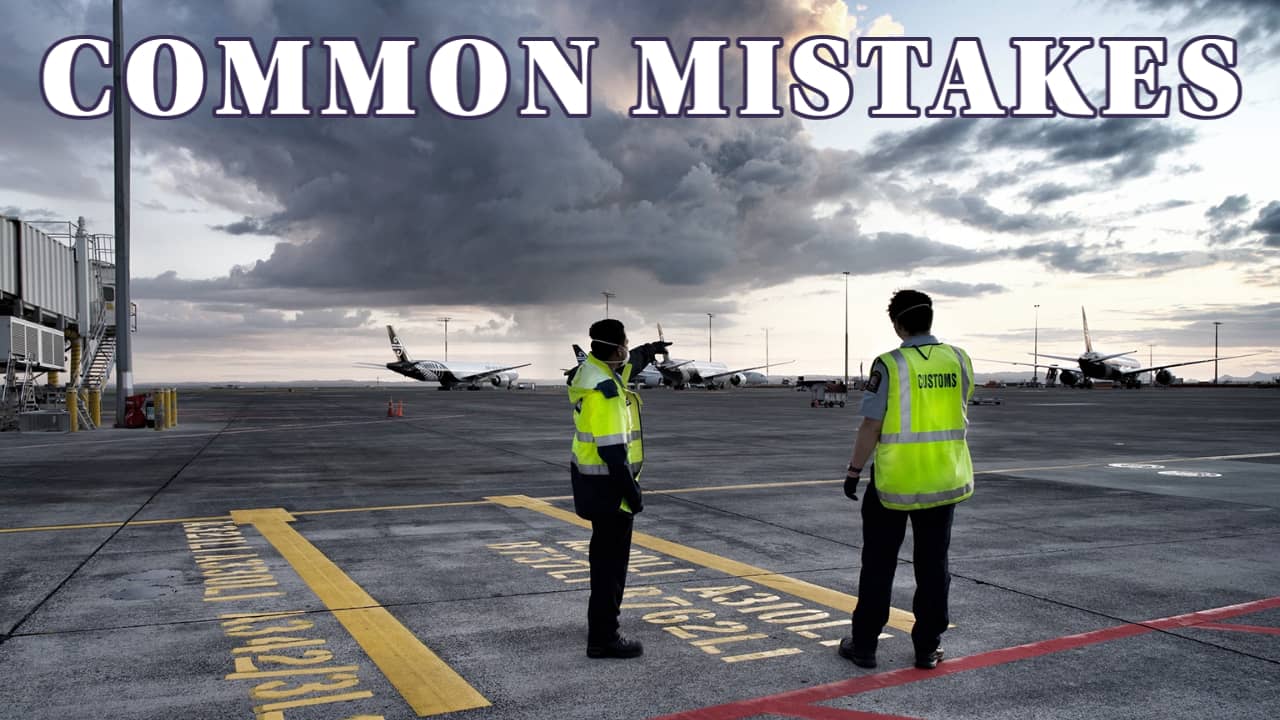
5 Rules That Could Impact Your New Zealand Importing
3-minute read
There are several rules that could impact your importing, and it is vital to know what procedures you need to follow in order to ensure timely and safe delivery of your goods.
Here are five rules that you should take note of.
1. Import Entry or Electronic Cargo Information
All goods brought into New Zealand must be cleared. A customs broker usually handles clearance, and most courier companies and freight forwarders have an in-house broker that can assume these duties.
In order to clear goods, importers must submit an Import Entry or Electronic Cargo Information (ECI), providing comprehensive and relevant details of the shipment. Clearances can be submitted to Electronic Data Interchange (EDI), TSW Online, or through other third party providers.
Import Entry clearance must be completed within 20 days of your goods arriving in New Zealand. Documentation can be lodged in advanced in order to mitigate delays.
Additionally, if the clearance contains any errors or omissions, administrative penalties of a monetary value could apply. The Import Entry clearance is a legally binding document, and it must be completed accurately.
2. Goods Valued At Over NZ$1,000
If you are importing goods that are valued at over NZ$1,000, you will require both a client code and a supplier code (more on this later). The purpose of these codes is to identify you, the importer, in addition to your supplier.
The previously mentioned Import Entry is typically used for goods that total over NZ$1,000 in value, especially goods for business or commercial use.
3. Import Health Standard
There may be specific importing requirements attached to the commodities or goods you are looking to import. More than likely, you will have to search for, and observe the specific standards inline with particular goods. Official certification may also be necessary.
In general, the Import Health Standards apply to animals and animal products, plant and plant products, fresh and saltwater organisms, and other items such as used vehicles.
4. Prohibited And Restricted Imports
The list of prohibited import items has been developed and maintained for years. Many of the items on the list are there due to trade agreements and at the request of global organizations including the United Nations. Other items are included due to national Acts such as the Ozone Layer Protection Act of 1996.
An example of one prohibited item is the Antarctic Toothfish as part of the Toothfish Order of 2009. There are other items included.
Review the New Zealand Prohibited Important Items list and overview before moving forward with any importing. It’s also good to have someone on your team familiar with the way importing has changed and is likely to change in the future so any investment you make is a wise one going forward.
5. Client Code And Supplier Code
Client codes identify individual importers and exporters. These codes are only issued to New Zealand entities (i.e. registered companies in New Zealand). As previously noted, the entry of shipments exceeding NZ$1,000 requires the importer or exporter to have a valid client code.
This code is obtained by filling out the client registration application and submitting it to Customs. Proof of identity (i.e. passport, driver’s license, Certificate of Incorporation) must be included.
The supplier code is a necessary part of the Import Entry preparation. You can apply for a supplier code by completing the application for supplier code, including evidence to support the supplier’s name and country, and then submit it to Customs.
Suppliers that are already being used by other importers likely have a valid supplier code already. Search the database to find out whether or not you require your supplier to provide you with a supplier code.
Conclusion
Many of the importing rules are similar to what you’ll see in other countries around the world.
Rules have been put in place over the years based on potential issues an item or items may cause to residents of the country. Other rules have been implemented based on political trade agreements.
Review these rules as part of your effort to import and have someone on your team that knows the latest on how these rules are changing if they are at all.
P.S. Easy Freight Ltd helps New Zealand importers & exporters to save money on international freight and reduce mistakes by guiding how to comply with Customs and biosecurity rules.
➔ Contact us now to learn how we can assist you.
